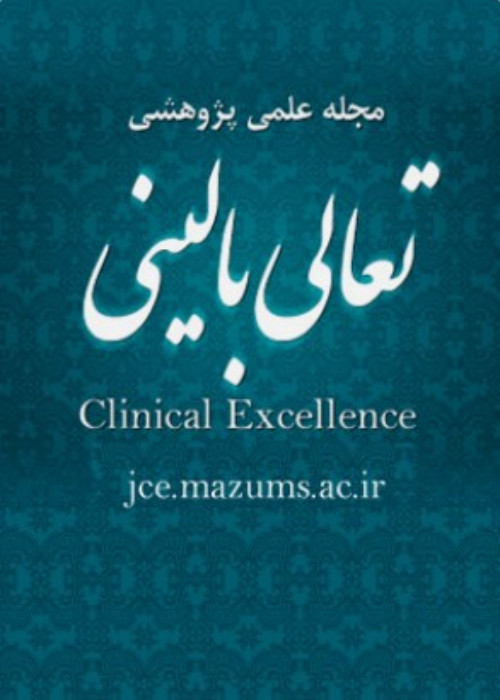An Overview of Non-AIDS Defining Malignancies in Population with Immunodeficiency Virus
Life expectancy of people with immunodeficiency virus (HIV) has improved due to the emergence of antiretroviral therapy. As a result, these individuals may encounter a higher rate of non-specific malignancies for acquired immune deficiency syndrome. Previous studies have shown cancer-related survival in HIV patients to be worse, in part because of the advanced stage of cancer at diagnosis. The purpose of this review is to evaluate the prevalence and screening of non-non defining malignancies for acquired HIV deficiency syndrome. A search of the PubMed database in English from 1996 to 2018 was used to evaluate the prevalence and screening studies of HIV malignancies. Eligibility criteria include any study comparing the prevalence and screening for nonspecific malignancies in adult acquired immunodeficiency syndrome according to HIV status. Cases that only screened for malignancies in other groups were excluded. After reviewing the title and full text, the articles that met the eligibility criteria were translated into Persian. Of the 140 articles identified through the search, nine were studied. Although the most common type of cancer in HIV is lung cancer, which accounts for 20% of all cancers (versus 12.9% of normal population), a comparative screening study was not found. Therefore, only three studies were evaluated including breast cancer, 4 cases with colorectal cancer and 2 cases with prostate cancer (7%, 6%, 6% prevalence respectively). Five of the studies reviewed showed that people with a positive HIV test were less likely to receive cancer screening than the general population, while three articles showed that the screening ratio was higher in the HIV population than in the general population, and one of them showed that the screening ratio was equal to the general population. Most studies showed that people with positive HIV testing who had regular access to health care were more likely to be screened for cancer. The available evidence does not confirm that people with positive HIV testing in most countries with appropriate health care have a lower chance of cancer screening. Social health factors (insurance status, access to health care, education, income level) are associated with receiving appropriate cancer screening.
- حق عضویت دریافتی صرف حمایت از نشریات عضو و نگهداری، تکمیل و توسعه مگیران میشود.
- پرداخت حق اشتراک و دانلود مقالات اجازه بازنشر آن در سایر رسانههای چاپی و دیجیتال را به کاربر نمیدهد.


